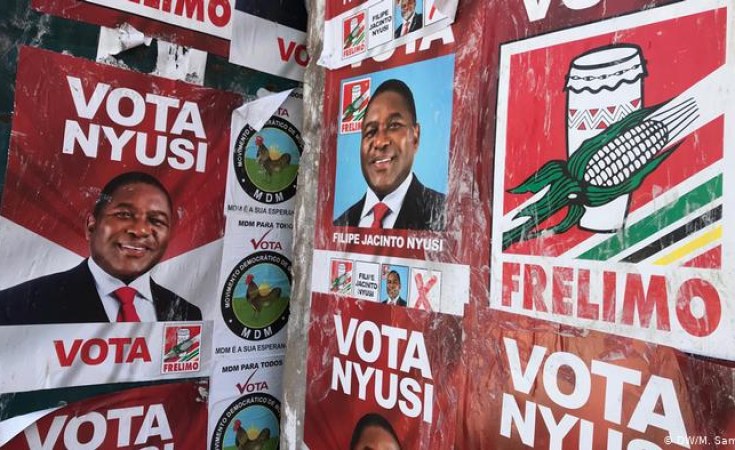Small parties and citizens' lists are put at a disadvantage by the electoral law changes made by parliament on 23 December. Candidates lists must be submitted 60 days before the elections. Each list must have as many candidates as there are seats in the municipal assembly plus at least three supplementaries (suplentes) and each candidate must have five documents which are not always easy to obtain.
Seats are based on number of registered voters. In the old law the CNE had to announce the number of seats 60 days before candidates lists were due, which provided ample time. The law change is that the number of seats must only be announced 5 days before the lists are due, making it impossible to find extra candidates if the number of seats is larger than expected.
The election is on 11 October, which means candidates lists must be submitted by 12 August. Registration is from 20 April until 3 June. Historically it has taken STAE about five weeks to clean the registration books and announce seats. This means the number of assembly seats could be announced in mid-July, which would be adequate. But that depends on good will from the CNE and STAE; it is not required by the revised law.
The three parties with seats in parliament have members of the CNE and appointed people in STAE, so they will know informally through their own channels the likely number of seats, which will allow then to estimate how many candidates they need. But this informal information is unlikely to be available to small parties and citizens' lists.
There is one way to estimate the number of seats. After registration closes, the register books are displayed for four days to correct errors. That means it is possible to count the number of register books. The maximum number of voters in a book is 800, which make it possible to estimate the maximum possible number of voters and thus the maximum possible number of seats and candidates needed.
Citizen's lists can be important in municipal elections
National elections are only open to national political parties, but municipal and provincial elections are open to groups of local citizens (grupo de cidadãos eleitores) who can campaign on local issues. Citizens' lists stood in 20 municipalities in the previous municipal elections in 2018 and in the past have been elected to assemblies, including in Maputo, Beira, Nampula, Lichinga, Chiure and Angoche.
The first step for a local group is to encourage registration in May, because their candidates must be registered voters, and they want to make sure their supporters can vote.
Citizens' lists must register with the Ministry of Justice, with names of leaders and statutes. The list must also register with the National Elections Commission (CNE). This will need to be done soon, but that gives them the same rights as parties in the local elections, in particular to name a representative (mandatáro) who has access to all electoral processes.
Even though a citizens' list may only hope to win a few seats, it must present enough candidates to fill all the seats, plus at least three extra. Each candidate must submit five documents. The hardest to obtain is a certificado do registo criminal, which is often delayed, sometimes for political reason. Next is authenticated photocopies of an identity card (bilhete de identidade) and a voters card; authentication can be a problem in smaller municipalities. And the candidate must submit two declarations.
Size of municipal assembly
The Municipal Assembly is composed of
a) 13 members when the number of voters is equal to or less than 20 000;
b) 17 members if the number of electors is between 20,000 and 30,000
c) 21 members if the number of voters is between 30,000 and 40,000
d) 31 members where the number of electors is between 40,000 and 60,000
e) 39 members when the number of electors is more than 60 000.
In municipalities with more than 100 000 electors, the number of members is 39 plus one for every 20 000 electors.


